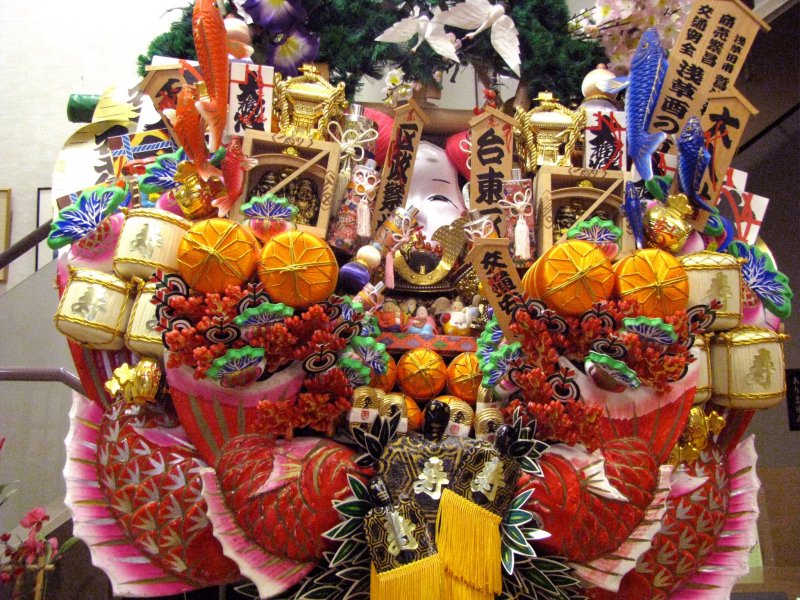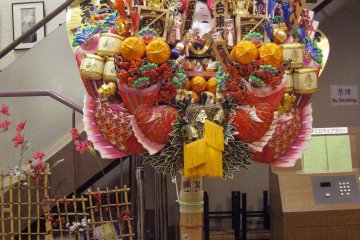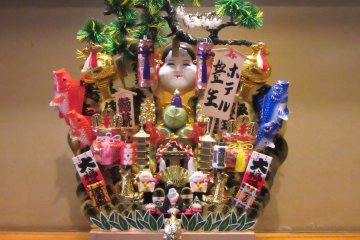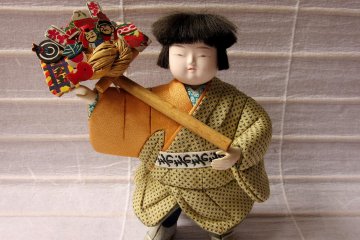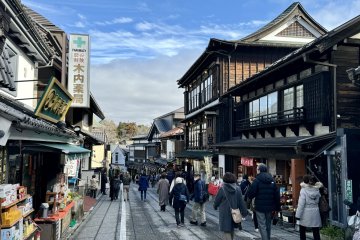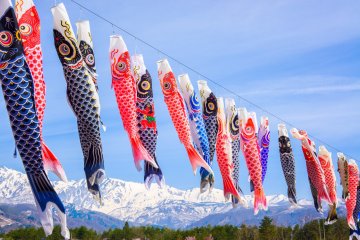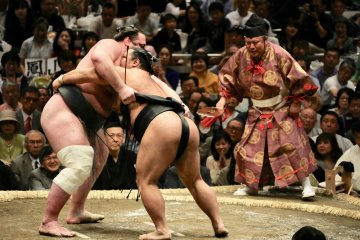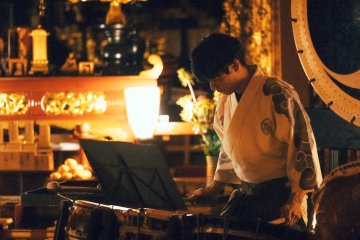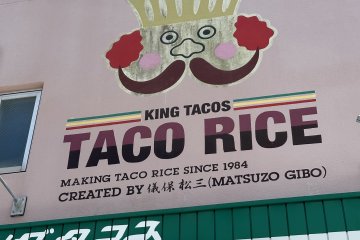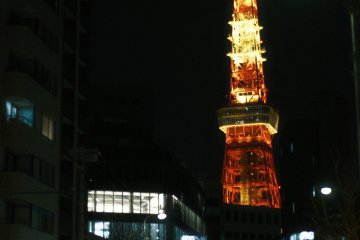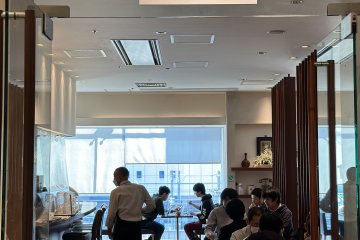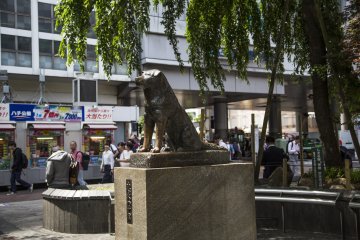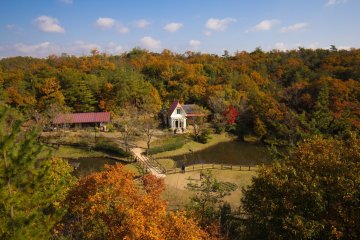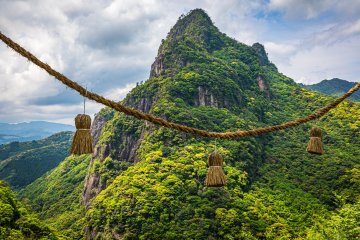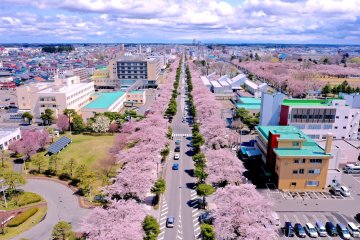Once, in an antique shop in Omiya, I came across an interesting doll for my collection. It featured a boy with some kind of festival decoration in his hands, and I immediately recalled a similar decoration I had seen in a museum in Asakusa.
Naturally I was interested to learn about the meaning of this decoration and discovered that it was called a kazari kumade. Kumade are rakes and a kazari kumade is an ornamental one featuring many symbolic items attached to it with the idea of wishing a business well so that it can 'rake in' the success. In Japan, business and work are very important parts of life!

As for the symbolic items on the kumade, well there are many. First, I noticed large carp fish known as koi, fish that swim against the current and seen as a symbol of perseverance and strength. Naturally, the symbol of the koi also leads to effort, willpower, overcoming difficulties and achieving goals.
Kazari kumade also include pine tree branches, matsu in Japanese - a symbol of courage, endurance and longevity. Kazari kumade always includes images of the Shichi-fukujin deity, Ebisu, tancho red-headed Japanese cranes, golden coins, mikoshi portable Shinto shrines and barrels of sake.
Symbolic flora are also used in kazari kumade, including sakura cherry blossoms that reflect loyalty to tradition, aoi mallow symbolising longevity, bamboo and momiji maple. Naturally, kazari kumade are always displayed in plain sight.

Like Daruma dolls, kazari kumade are purchased at the beginning of the year. You'll see them decorating stores and businesses all around the country. Celebrations occur too. For example, in Tokushima City, the Toka Ebisu Festival is held on the 10th of January around Ebisu Shrine. Ebisu-san is one of the seven deities that make up the Shichi-fukujin gods of fortune and during the festival people pray for success in business, good harvest and the safety of their families. On the street leading to the shrine many good luck items are sold, including the very popular kazari kumade.

